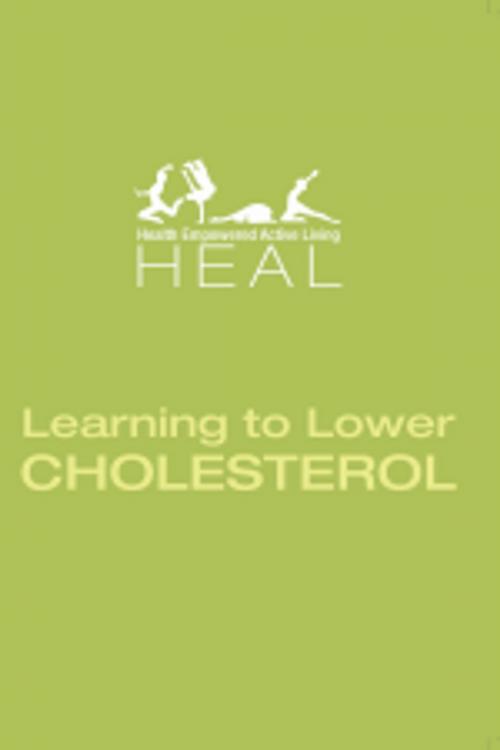Learning to Lower CHOLESTEROL
Nonfiction, Health & Well Being, Self Help, Mental Health, Eating Disorders| Author: | Leadstart Publishing Pvt Ltd. | ISBN: | 9789384027124 |
| Publisher: | Leadstart Publishing Pvt Ltd | Publication: | March 1, 2011 |
| Imprint: | Body & Soul Books | Language: | English |
| Author: | Leadstart Publishing Pvt Ltd. |
| ISBN: | 9789384027124 |
| Publisher: | Leadstart Publishing Pvt Ltd |
| Publication: | March 1, 2011 |
| Imprint: | Body & Soul Books |
| Language: | English |
Our bodies use cholesterol (a waxy, fatlike substance that is naturally present in cell walls or membranes), to produce many hormones, vitamin D, and the bile acids, that help to digest fat. High cholesterol does not cause symptoms by itself. Instead, it is a risk factor. High cholesterol levels in the blood can cause fatty deposits in blood vessels which in turn can lead to heart attack, stroke or peripheral artery disease. The most common causes of high cholesterol are all related to high fat diets, inactivity, and obesity. Less commonly, genetic causes too can decrease the ability of the body to metabolize cholesterol or cause the liver to produce too much. This handbook from the HEAL series, tells you what you need to know to maintain healthy cholesterol levels and to safeguard yourself from its disease-risk. Begin early to gain the most. Live life the positive way!
Our bodies use cholesterol (a waxy, fatlike substance that is naturally present in cell walls or membranes), to produce many hormones, vitamin D, and the bile acids, that help to digest fat. High cholesterol does not cause symptoms by itself. Instead, it is a risk factor. High cholesterol levels in the blood can cause fatty deposits in blood vessels which in turn can lead to heart attack, stroke or peripheral artery disease. The most common causes of high cholesterol are all related to high fat diets, inactivity, and obesity. Less commonly, genetic causes too can decrease the ability of the body to metabolize cholesterol or cause the liver to produce too much. This handbook from the HEAL series, tells you what you need to know to maintain healthy cholesterol levels and to safeguard yourself from its disease-risk. Begin early to gain the most. Live life the positive way!















